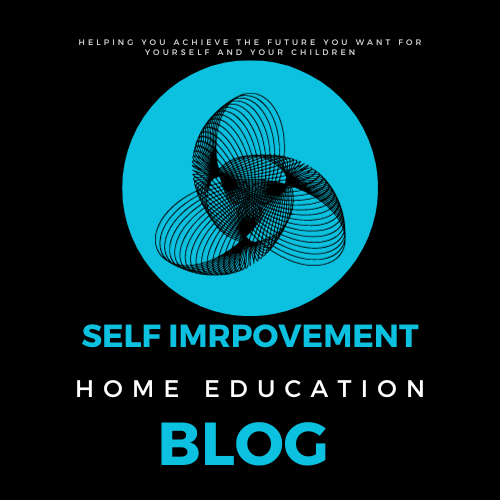Disclaimer: Some of the links on this website are “affiliate links.” This means if you click
on the link and purchase the item, we will receive an affiliate commission. We disclose
this in accordance with the Federal Trade Commission’s 16 CFR, Part 255: “Guides
Concerning the Use of Endorsements and Testimonials in Advertising.

In recent years, homeschooling has gained popularity as an alternative to
traditional education. Parents are drawn to the flexibility and personalized
learning opportunities that come with homeschooling. However,
before embarking on this educational journey, it’s crucial to understand and
comply with your state’s homeschooling regulations.
Understanding State Regulations:
Homeschooling regulations vary from state to state, and it’s essential
for parents to familiarize themselves with the specific requirements in
their area. Some states have strict guidelines, while others offer more
flexibility. Common regulations may include curriculum approval,
record-keeping, testing, and teacher qualifications.
Research and Compliance:
Before diving into homeschooling, take the time to research and understand
the homeschooling laws and regulations in your state. Visit the official state
education department website or connect with local homeschooling associations
for accurate and up-to-date information. Familiarizing yourself with the legal
requirements ensures that your homeschooling experience is smooth and
within the boundaries of the law.
Customizing Your Approach:
Once you are aware of the regulations, use this knowledge to tailor your
homeschooling approach to meet both legal requirements and the unique
needs of your child. Many states allow for flexibility in curriculum choices,
teaching methods, and assessment strategies. Take advantage of this flexibility
to create a personalized learning experience that suits your child’s learning style and interests.
Building a Support System:
Navigating the world of homeschooling is more manageable when you connect
with other homeschooling families. Join local homeschooling groups, attend
workshops, and participate in online forums to share experiences, gain insights,
and stay informed about any changes in regulations. Building a strong support
system will not only provide guidance but also create a sense of community during
your homeschooling journey.
Record-Keeping and Documentation:
Most states require homeschooling parents to maintain detailed records of their
child’s educational progress. Keep organized records of lesson plans, assignments,
and any assessments. Documentation not only helps you track your child’s academic
growth but also serves as evidence of compliance with state regulations if needed.
Conclusion:
Conclusion:
Embarking on the homeschooling journey can be a rewarding experience for both
parents and children. By understanding and adhering to your state’s regulations,
you lay the foundation for a successful and legally compliant homeschooling experience.
Take the time to research, connect with the homeschooling community, and customize
your approach to provide a rich and fulfilling educational experience for your child.
Disclaimer: The information on this website is public information and is not
individual legal advice. Readers should not rely on or take any action based upon
the information on this website and professional advice should be obtained
particular to the legal circumstances one is facing. While we strive for accuracy,
it is possible that the information on our site may contain errors or omissions.
We disclaim any liability for any such errors or omissions.
